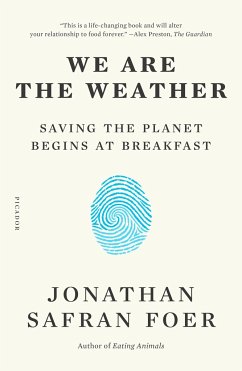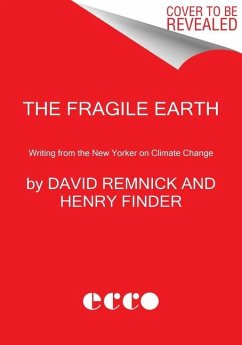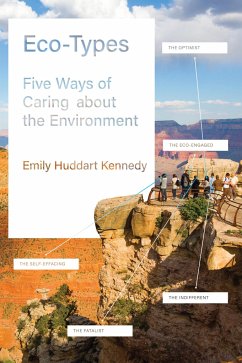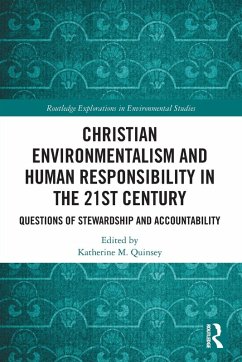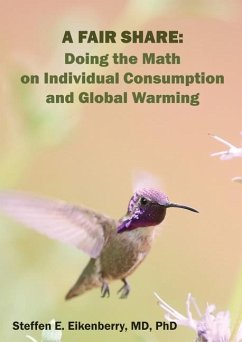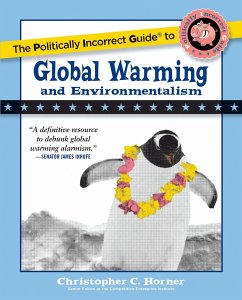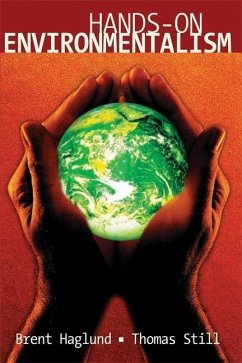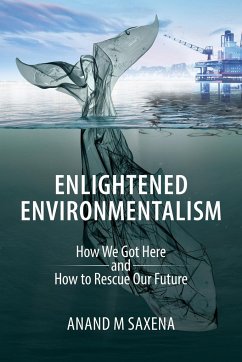
Enlightened Environmentalism
How We Got Here and How to Rescue Our Future
Versandkostenfrei!
Versandfertig in 1-2 Wochen
28,99 €
inkl. MwSt.

PAYBACK Punkte
14 °P sammeln!
Humanity is facing a number of challenges that are increasing in intensity and are projected to become much worse in the coming years. The era of profligate consumption, aided by developments in science and technology, is causing enormous harm to the ecosystem on which we depend for our welfare, even survival. Our present lifestyle requires excessive amounts of planetary resources and generates numerous pollutants and waste materials. Ignorance of planetary limits and considering Earth to be a limitless source of useful materials and an infinite sink of unwanted products is endangering our fut...
Humanity is facing a number of challenges that are increasing in intensity and are projected to become much worse in the coming years. The era of profligate consumption, aided by developments in science and technology, is causing enormous harm to the ecosystem on which we depend for our welfare, even survival. Our present lifestyle requires excessive amounts of planetary resources and generates numerous pollutants and waste materials. Ignorance of planetary limits and considering Earth to be a limitless source of useful materials and an infinite sink of unwanted products is endangering our future by depleting natural resources and degrading the environment. Many such developments have already begun to adversely affect the ecosystem. This book discusses these issues in a comprehensive manner, including climate change and its deleterious consequences, degradation and pollution of air, land, and seas, changing weather patterns, rising sea levels, forest fires, expanding deserts, and shortage of fresh water in many parts of the world. Each chapter of the book ends with a section with the title "The Way Forward" that makes suggestions for actions to be taken expeditiously to stop the progression of dangerous events. The continuous search for comforts, conveniences, and novel objects has brought humanity to a state where the continuation of this process endangers our welfare. While the effects of climate change will adversely affect our lives in many ways, there are numerous other developments that are detrimental to our way of life. Forests, which play a crucial role in maintaining the integrity of the environment and provide many benefits to humanity, are being razed for immediate gains. Overfishing and pollution are decreasing the productivity of seas. The flow of water in many rivers is decreasing due to overexploitation, irregular weather patterns, and loss of icecaps on mountain peaks. The productivity of farmlands, crucial for our survival, is decreasing due to the loss of topsoil and accumulation of salts. There are many such factors that threaten the welfare of large segments of population. The ultimate cause of these deleterious developments is humanity's expanding search for novel objects without considering sustainability, and the implicit belief that technological developments will eventually solve all problems created by the culture of overconsumption. While technology can provide us with gizmos with amazing properties, problems of environmental degradation are global problems that require concerted actions by people everywhere. The degradation of the planetary environment and depletion of resources is occurring at a rapid rate. A lack of concern for sustainability while searching for items that provide immediate benefits is degrading the ecosystem. We may pass the planet on to the younger generations with more pollution, irregular weather patterns, and fewer endowments that may seriously limit their lives. Events are moving at such a pace that expeditious actions are required on many fronts.



